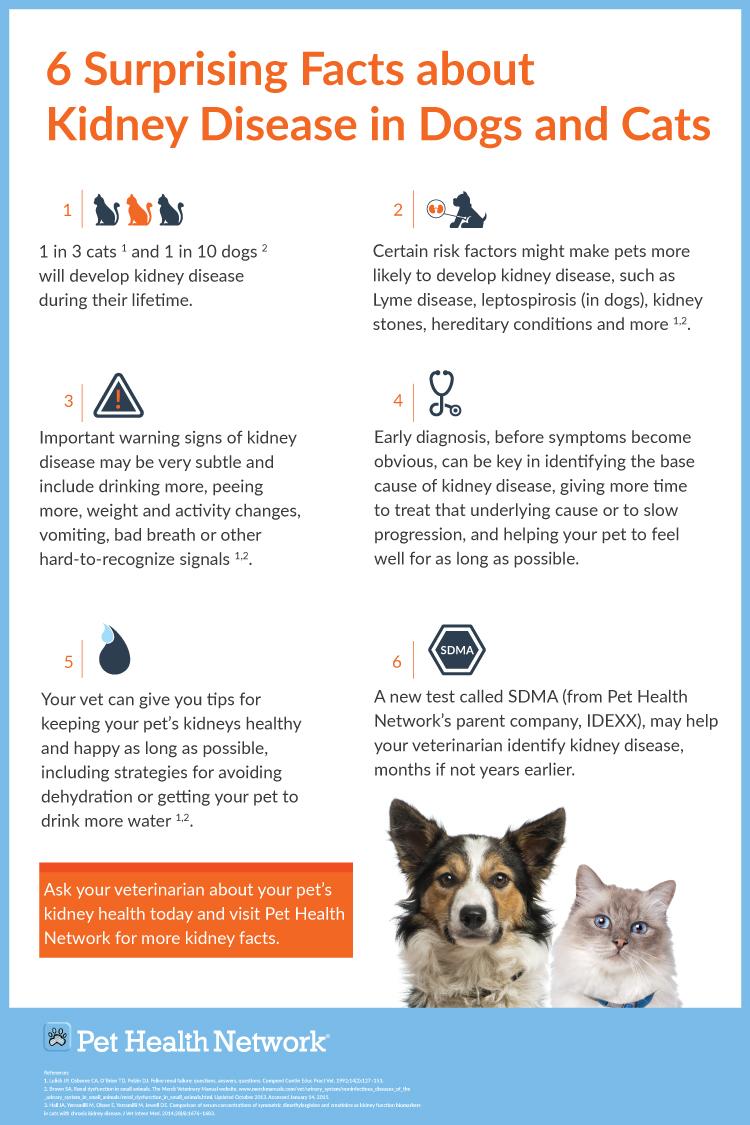As pet owners, we strive to provide the best nutrition for our furry companions, often seeking out diets that promote health and vitality. Among the myriad of dietary choices available, high-protein diets have gained popularity, promising to support muscle development and energy levels in dogs. However, with this trend comes a growing concern: can these protein-rich diets inadvertently lead to kidney problems in our canine friends? In this article, we will explore the relationship between high-protein diets and kidney health in dogs, providing insights and guidance to help you make informed decisions for your pet’s well-being. Whether you’re a seasoned pet owner or new to caring for a dog, understanding the nuances of canine nutrition is essential for ensuring a long, healthy life for your beloved companion.
Understanding the Canine Kidney: How Protein Affects Your Dogs Health
The canine kidney plays a crucial role in filtering waste and maintaining the overall health of your furry friend. When considering your dog’s diet, understanding how protein intake can affect kidney function is essential. High protein diets have become popular, but concerns about their impact on kidney health persist. The kidneys are responsible for processing protein byproducts, and excessive amounts can potentially lead to increased workload, especially in dogs with pre-existing kidney issues.
- Protein Quality Matters: Opt for high-quality protein sources, as they are easier for the kidneys to process and provide essential amino acids.
- Monitor Your Dog’s Health: Regular veterinary check-ups can help assess kidney function and ensure your dog’s diet aligns with their health needs.
- Consider Breed and Age: Some breeds may have predispositions to kidney issues, and dietary needs can change as dogs age.
While protein is vital for muscle development and energy, it’s important to tailor your dog’s diet to their specific health requirements. Consult with your veterinarian to determine the best balance of nutrients for your pet, ensuring their kidneys remain healthy and happy throughout their life.

Identifying Signs of Kidney Stress: What to Watch For in Your Pet
As a pet owner, understanding your furry friend’s health is crucial, especially when it comes to their kidneys. Signs of kidney stress can often be subtle but are important to identify early. Keep an eye out for these common indicators:
- Increased thirst and urination
- Loss of appetite
- Vomiting or diarrhea
- Fatigue or lethargy
- Weight loss
- Bad breath with a chemical odor
It’s essential to observe these signs and consult your veterinarian promptly if you notice any. Early detection can make a significant difference in managing kidney health. Additionally, maintaining a balanced diet and ensuring proper hydration can help support your pet’s kidney function. Regular check-ups and monitoring are key to preventing and addressing any potential issues before they escalate.

Choosing the Right Diet: Balancing Protein Intake for Optimal Canine Health
When contemplating the dietary needs of our beloved canine companions, one common concern is whether a high protein diet could potentially lead to kidney issues. It’s crucial to understand that not all proteins are created equal. The source and quality of protein play a significant role in how it is metabolized by a dog’s body. High-quality proteins—such as those derived from lean meats, fish, and eggs—are often easier for dogs to digest and utilize effectively, thus minimizing undue stress on their kidneys. Conversely, lower-quality proteins might not offer the same benefits and could lead to complications if consumed excessively over time.
To ensure your dog’s diet is well-balanced, consider the following guidelines:
- Consult with your veterinarian to determine the appropriate amount of protein for your dog’s specific breed, age, and health status.
- Incorporate a mix of animal-based and plant-based proteins to provide a variety of amino acids and nutrients.
- Monitor your dog’s hydration levels, as adequate water intake supports kidney function and overall health.
- Be mindful of any pre-existing health conditions that may require dietary adjustments.
By carefully selecting protein sources and maintaining a balanced diet, you can support your dog’s health while minimizing the risk of kidney problems. Remember, each dog is unique, and what works for one may not be suitable for another, so personalized dietary plans are always recommended.

Consulting Your Veterinarian: Personalized Nutritional Plans for Your Dog
When considering dietary choices for your beloved canine companion, consulting your veterinarian for a personalized nutritional plan is crucial. Veterinarians can help assess your dog’s individual health needs, taking into account factors such as age, weight, activity level, and any pre-existing medical conditions. This tailored approach is especially important when it comes to high protein diets, which have sparked debates regarding their potential impact on canine kidney health.
High protein diets can be beneficial for many dogs, but they are not suitable for every pet. Factors to consider include:
- The specific breed and its typical dietary requirements
- Your dog’s current health status, especially kidney function
- Activity levels and whether your dog is highly active or more sedentary
- Any existing medical conditions that might be exacerbated by increased protein intake
Veterinarians can perform necessary tests to monitor kidney health and recommend the best dietary options. By working closely with your vet, you can ensure that your dog’s nutritional needs are met without compromising their overall well-being.

